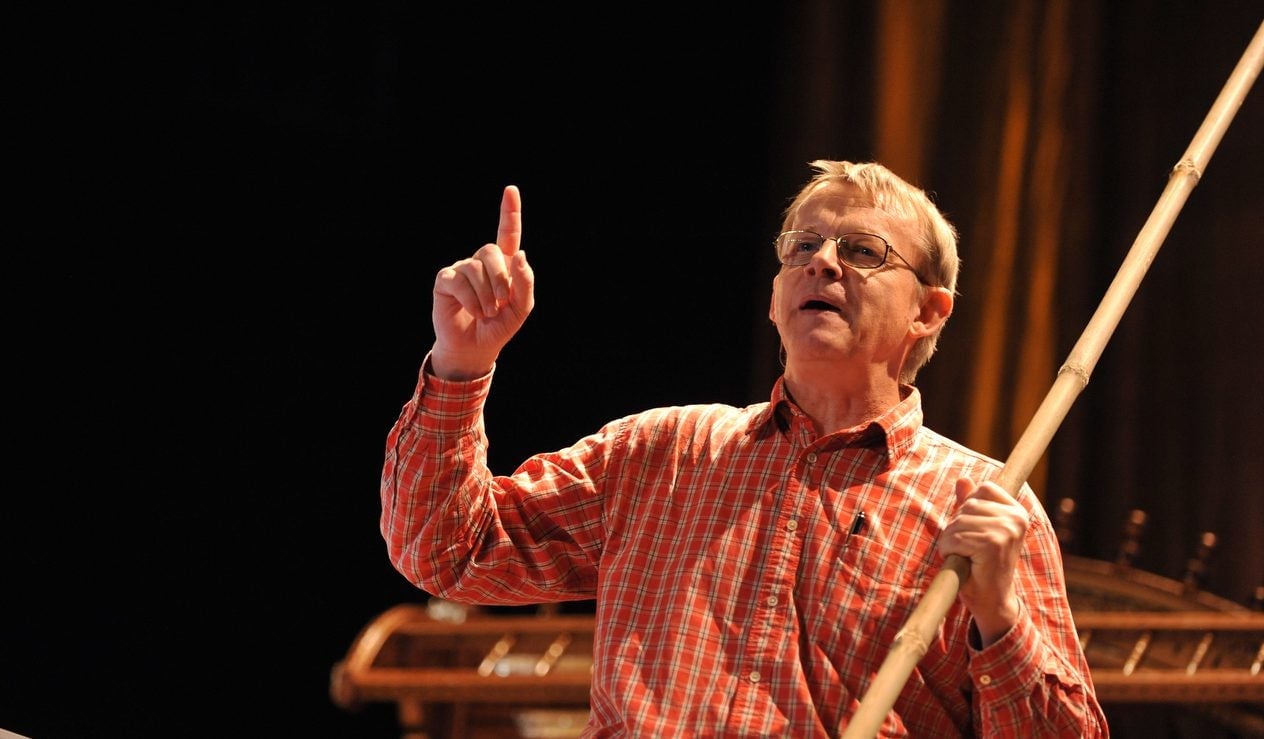Hans Rosling: The Swedish physician who made statistics come alive has died
Hans Rosling, the beloved Swedish statistician and self-described “edutainer” who taught the world how to use numbers and data in thrilling ways, has died of pancreatic cancer. He was 68. Rosling’s passing on the morning of Feb. 7 was announced by his son and daughter-in-law on their website, GapMinder.


Hans Rosling, the beloved Swedish statistician and self-described “edutainer” who taught the world how to use numbers and data in thrilling ways, has died of pancreatic cancer. He was 68. Rosling’s passing on the morning of Feb. 7 was announced by his son and daughter-in-law on their website, GapMinder.
Millions of viewers learned about the Uppsala University professor through the 10 TED talks he has delivered on topics ranging from child mortality to population growth. In each one, Rosling displayed his knack for engaging audiences by presenting seemingly boring statistics in startling ways, using humor, animated graphics, and live stage props.
Microsoft cofounder and philanthropist Bill Gates and the economist William Easterly were among the many to pay tribute to Rosling today:
Playing the role of an affable, slightly befuddled Swedish professor, Rosling had a game show approach to his lectures. His favorite gag was using a very long pointer stick to annotate bubble charts. Using stacking boxes, cups, and home appliances, Rosling went to great lengths to make his point accessible. In 2007, he capped a talk about adjusting notions about the developing world by swallowing a bayonet. “Sword swallowing is from ancient India. It’s a cultural expression that for thousands of years has inspired human beings to think beyond the obvious,” said Rosling, to the crowd’s delight.
The “data rock star,” ushered in a renaissance of data visualization, garnering fans and a few critics who challenged his conclusions. But throughout his career, Rosling argued for the primacy of empirical data. ”Being a statistician, you don’t like telling your profession at dinner parties,” said Rosling in his 2010 BBC documentary series Joy of Stats. ”But really, statisticians shouldn’t be shy because everyone wants to know what’s going on…Statistics tells us whether the things we think and believe in are actually true.”
In 2007, with his son Ola Rosling and daughter-in-law Anna Rosling Rönnlunds, Rosling co-founded Gapminder, a non-profit that aspires to combat falsehoods and “devastating misconceptions about international global development.”
Once a licensed physician, Rosling studied the konzo epidemic in the Democratic Republic of Congo during his graduate studies. He has since made global health the focus of his work, and his foundation provides free tools to teachers and development professionals.